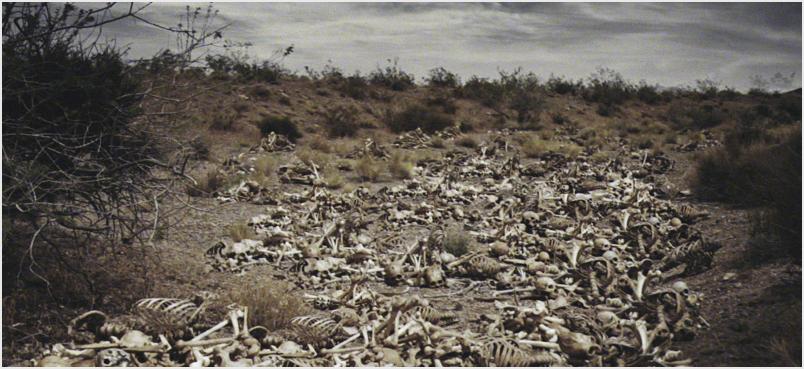Today’s First and Second Readings show the two extremes in which a believer be found in sharing the Lord’s message: alone and abandoned in the mud at the mercy of evil and injustice, or spurred on by the example and help of a “cloud of witnesses” who show that the path of belief is the right one. We all experience moments in the mud and moments enthused by our faith and that of our fellow believers. As Our Lord reminds us in today’s Gospel, believers are signs of contradiction, and the world doesn’t like being contradicted.
Jeremiah in today’s First Reading was the victim of the very division of which Our Lord would later forewarn his disciples, yet Jeremiah in the end was rescued through the intercession of just men. Jeremiah is the only one telling the king and the people of Israel what the Lord wants them to hear, and they hate him for it, because they do not disagree. The king, who should have stood up for Jeremiah’s rights, let himself be cowed by the princes into throwing Jeremiah into a muddy cistern (an empty lined reservoir for collecting water): they don’t like Jeremiah’s message, so they want to bury it by burying him. Jeremiah would prove right, because he was the Lord’s prophet: the kingdom would suffer calamity for not listening to the Lord. He knew he was the Lord’s messenger, so he did not stop trying to deliver the message. It was the truth, and no contradiction could change that.
Today’s Second Reading reminds us of all those believers who suffered as signs of contradiction, in imitation of the Lord himself, but persevered and now encourage us, just as Our Lord does. Throughout the centuries believers have been subjected to mudslinging, violence, and death for contradicting the “wisdom” of their time. When we face division and strife over transmitting the Gospel we should not become discouraged, because Our Lord suffered such things first, as well as many believers who came before us. In moments of enthusiasm we mustn’t forget that there will be moments of the Cross, but in moments of the Cross we should be bolstered by memories of our moments of enthusiasm.
Today’s Gospel reminds us that taking our faith more seriously and making the commitment to live it often means becoming a sign of contradiction, not just for today’s culture, but even for our family and friends. Accepting Christ’s invitation to repentance and belief is accepting Christ into your life as your best friend and more. For those who knew you before, it may seem like instead of your life being turned around by Christ, it has been turned upside down: they may see Christ as a rival for your affections, and that puts many converts into the difficult situation of having to choose between their loved ones and God. With your change in lifestyle they may see a condemnation of their own and blame the messenger (you), not the message, or simply not understand what has happened.
Our Lord doesn’t promise an easy solution to this dilemma. Everyone must choose their path in this life, and conversion can imply a radical change in direction that others are unwilling or, at their moment of life, unable to do. All those paths are meant to converge in Christ, and for many people there are no shortcuts, or wrong turns that require time to recover from. This does not mean questioning our commitment to Christ; rather, it means patience and charity toward those we know and love, tactfully helping them where we can and entrusting them to the Lord where we can’t, knowing that the goal is help everyone where they’re at to advance along the path that Christ wishes to show them.
Sharing the Gospel can be heroic, but Christians are not meant to live a double life or treat their Christianity like a secret identity. You may suffer ridicule or persecution, but the Lord promises us that the truth will set us free, and it’s meant to set others free as well. Assess the situations and people in your life that make you uncomfortable sharing your faith, and let the “cloud of witnesses” inspire you to find tactful, creative, and sincere ways to share the greatest treasure of your life: faith.
Readings: Jeremiah 38:4–6, 8–10; Psalm 40:2–4, 18; Hebrews 12:1–4; Luke 12:49–53. See also 29th Sunday in Ordinary Time, Cycle C, 15th Week in Ordinary Time, Monday, Year II, 29th Week in Ordinary Time, Thursday, and 15th Week in Ordinary Time, Monday.


